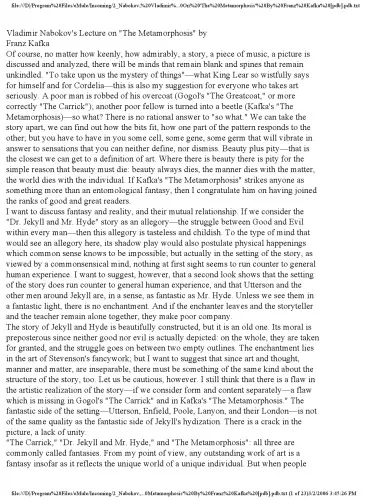Never Let Me Go by Kazuo Ishiguro (Book Analysis): Detailed Summary, Analysis and Reading Guide
4.0
Reviews from our users

You Can Ask your questions from this book's AI after Login
Each download or ask from book AI costs 2 points. To earn more free points, please visit the Points Guide Page and complete some valuable actions.Related Refrences:
Introduction to the Book Analysis of "Never Let Me Go"
Kazuo Ishiguro's "Never Let Me Go" is a thought-provoking novel that combines elements of science fiction with deep emotional themes. This book analysis provides an extensive exploration of Ishiguro's novel, offering readers a comprehensive understanding of its intricate layers and underlying messages. Set in an alternative reality, this compelling narrative unfolds in a dystopian world where human clones are bred for organ donation. Through the experiences of the protagonist, Kathy H., and her friends Tommy and Ruth, Ishiguro explores profound themes such as identity, mortality, and the essence of humanity.
Detailed Summary of the Book
The novel is narrated by Kathy H., now 31 years old and looking back on her life as she prepares to become a "carer" and eventually a "donor." The story is divided into three parts, reflecting Kathy's past at a seemingly idyllic boarding school called Hailsham, her young adulthood in the Cottages, and her working life. At Hailsham, Kathy, Tommy, and Ruth discover their purpose in life, giving the narrative an air of mystery as they gradually realize the truth about their existence. These children are clones, created solely to provide organs for transplants. As the trio transitions from school to adulthood, the painful awareness of their fates deepens, culminating in intimate personal revelations and the exploration of their dreams and relationships, all set against the grim backdrop of their impending fate.
Key Takeaways
1. The Complexity of Human Emotions: Ishiguro captures the complex emotional landscapes of his characters, providing readers with insight into the challenges of love, jealousy, and fear amidst their inevitable destinies.
2. Ethical Implications of Cloning: The novel raises important ethical questions regarding cloning, humanity's pursuit of medical advancement, and the moral considerations of using human clones as means to an end.
3. The Quest for Identity: Through Kathy's self-reflection, Ishiguro delves into the quest for identity, exploring how personal choices and external circumstances shape who we are.
Famous Quotes from the Book
1. "Memories, even your most precious ones, fade surprisingly quickly. But I don’t go along with that. The memories I value most, I don’t ever see them fading."
2. "I keep thinking about this river somewhere, with the water moving really fast. And these two people in the water, trying to hold on to each other, holding on as hard as they can, but in the end it’s just too much. The current’s too strong. They’ve got to let go, drift apart."
Why This Book Matters
"Never Let Me Go" remains a significant work in contemporary literature due to its profound exploration of humanity, ethics, and the fragility of human connection. Ishiguro's narrative invites readers to ponder the value of life and the ethical dilemmas posed by scientific advancements. It serves as a poignant reminder of the emotional depth and moral complexities inherent in the human condition. Through Kathy's journey and reflections, readers are compelled to question the nature of destiny and the power of personal memory.
In an era of rapid technological progress and ethical debates surrounding scientific practices, "Never Let Me Go" holds a mirror to society, examining the cost of progress and the weight of our collective decisions. Ishiguro’s nuanced storytelling challenges readers to empathize with characters whose fates are sealed, urging us to reassess our understanding of what it means to be truly human.
Free Direct Download
Get Free Access to Download this and other Thousands of Books (Join Now)
For read this book you need EPUB Reader Software like Thorium Reader





